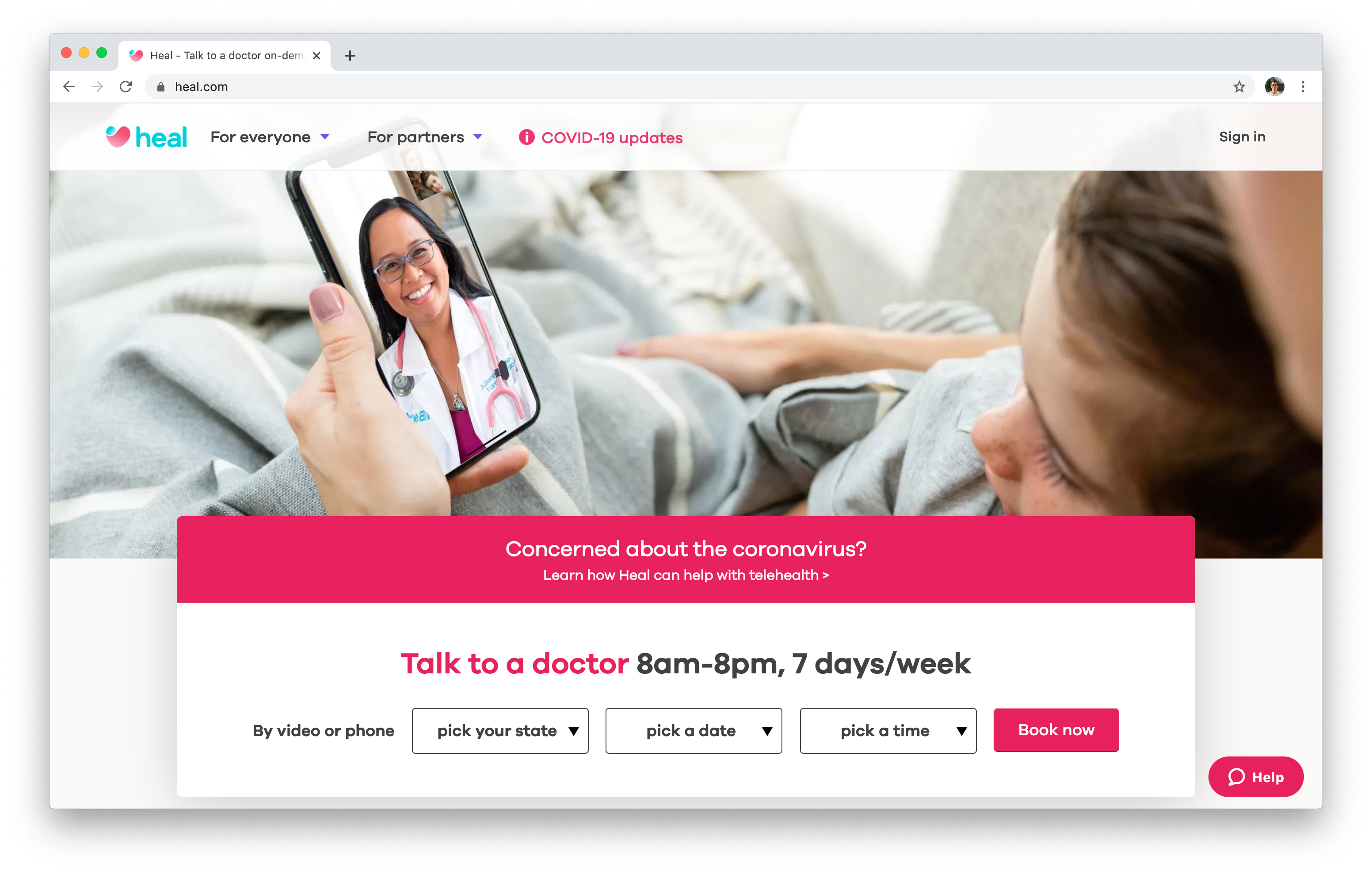Exploring the Development of Subscription Based Healthcare in the Digital Age
Exactly How Subscription-Based Medical Care Is Reinventing the Clinical Sector

The Surge of Subscription Medical Care
In the last few years, the medical care market has experienced a considerable shift towards subscription-based versions, mirroring wider consumer trends preferring benefit and predictability. This change is driven by the raising need for more accessible and personalized care remedies. Subscription health care, in some cases referred to as attendant medicine or direct medical care, offers individuals a fixed monthly cost for a series of clinical services, significantly altering traditional fee-for-service models.
The increase of subscription health care is facilitated by improvements in innovation, which enable structured interaction between clients and service providers - subscription based healthcare. Digital platforms and telehealth services have ended up being integral, offering individuals the capacity to schedule consultations, accessibility medical documents, and receive consultations online. This technical integration not just improves patient involvement however additionally permits carriers to deliver much more effective treatment
Moreover, the registration design lines up with the advancing expectations of individuals who look for more control over their health care costs and experiences. By getting rid of the changability of co-pays and insurance coverage claims, subscription-based healthcare supplies a uncomplicated and clear technique. While this design is acquiring traction, its spreading faces difficulties such as governing hurdles and the requirement for wider approval within the conventional health care community. Its expanding presence marks a crucial moment in the evolution of healthcare shipment.
Advantages for Carriers and patients
Subscription-based healthcare offers a multitude of advantages for both individuals and providers, reshaping the characteristics of medical treatment. For individuals, this design gives boosted accessibility to healthcare services.
For health care service providers, subscription-based versions cultivate an even more lasting and gratifying practice. By protecting a steady earnings stream, carriers can concentrate on providing premium care without the pressure of volume-based solution. This version encourages longer person appointments, promoting stronger patient-provider partnerships and improving wellness results. Additionally, it provides suppliers the adaptability to introduce and incorporate alternative and precautionary treatment methods. Management tasks are commonly streamlined, reducing overhanging costs and permitting providers to dedicate more time to client interaction. Overall, subscription-based medical care straightens the incentives of companies and clients, advertising an extra patient-centered and effective medical care distribution system.
Trick Attributes of the Version
Often, the vital attributes of the subscription-based healthcare design emphasize its distinct technique to providing clinical solutions. Central to this design is the principle of predictable, monthly payments, offering patients an extensive variety of solutions without the changability of conventional fee-for-service structures. This version frequently consists of endless access to main care services, precautionary treatment, and routine examinations, guaranteeing that clients can involve with their medical care companies proactively instead than reactively.
Additionally, straight communication networks, such as telemedicine and messaging systems, are stressed, permitting clients to get timely advice and consultations without requiring in-person consultations. This boosts accessibility and benefit, specifically for people with mobility constraints or those staying in remote locations. The design also promotes more powerful doctor-patient relationships, as medical care carriers are incentivized to concentrate on long-term health results as opposed to short-term brows through.
Furthermore, subscription-based medical care often integrates technological developments, such as digital health and wellness records and health and wellness surveillance applications, to provide reliable and tailored treatment. Individuals gain from coordinated and constant care management, which is tailored to their details health and wellness needs. Inevitably, these attributes collectively develop a patient-centered healthcare experience, prioritizing access, cost openness, and preventive treatment.

Challenges and Factors To Consider
While the subscription-based medical care model supplies numerous benefits, it is not without its considerations and challenges. Membership designs might accidentally prefer those with greater socioeconomic status, potentially expanding variations in medical care gain access to for lower-income individuals who might battle with regular monthly costs.
Another challenge depends on governing compliance. Subscription-based medical care should navigate an intricate web of guidelines that vary by area, consisting of issues around client discretion, data protection, and state licensing demands. Ensuring conformity without restraining the version's versatility and advancement can be discouraging for carriers.
In addition, there is the risk of overutilization or underutilization of services. Patients paying a dealt with charge may overuse solutions, causing raised functional costs, while others could underutilize due to fear of burdening the system, possibly ignoring needed care.
Future Leads and Innovations
The landscape of subscription-based health care is positioned for change via emerging innovations and evolving prospects. As modern technology remains to advance, the assimilation of man-made knowledge and artificial intelligence presents significant chances to improve analysis accuracy and enhance patient administration. Anticipating analytics can transform precautionary treatment by identifying potential wellness threats prior to they show up, consequently decreasing both costs and the burden on health care systems.
In addition, telemedicine is readied to broaden within subscription versions, offering people boosted access to health care specialists no matter of geographical restrictions. This not just assists in connection of care however likewise encourages individuals to engage even more actively in their wellness administration. In click site addition, blockchain technology uses possible in safeguarding patient information and making certain interoperability across systems, cultivating count on and transparency.
Collaborations between tech companies and medical care carriers are likely to yield ingenious solutions, boosting individual experiences and outcomes. As these leads appear, subscription-based health care has the possible to redefine just how treatment is delivered and accessed.
Verdict
Subscription-based health care is changing the medical industry by supplying a more obtainable, predictable, and patient-centered method to clinical solutions. Despite obstacles such as regulative obstacles and prospective differences in gain access to, the subscription version holds pledge for a more personalized great site and effective healthcare experience.
Membership healthcare, in some cases referred to as attendant medicine or straight key treatment, provides clients a set regular monthly fee for an array of clinical services, dramatically altering conventional fee-for-service models.
In addition, the membership version lines up with the developing assumptions of people that look for even more control over their healthcare expenses and experiences. For clients, this design provides enhanced access to medical care services. On the whole, subscription-based health care straightens the incentives of companies and people, advertising a more effective and patient-centered healthcare delivery system.
Additionally, telemedicine is established to see this page increase within registration designs, offering patients increased access to healthcare specialists regardless of geographical constraints. - subscription based healthcare